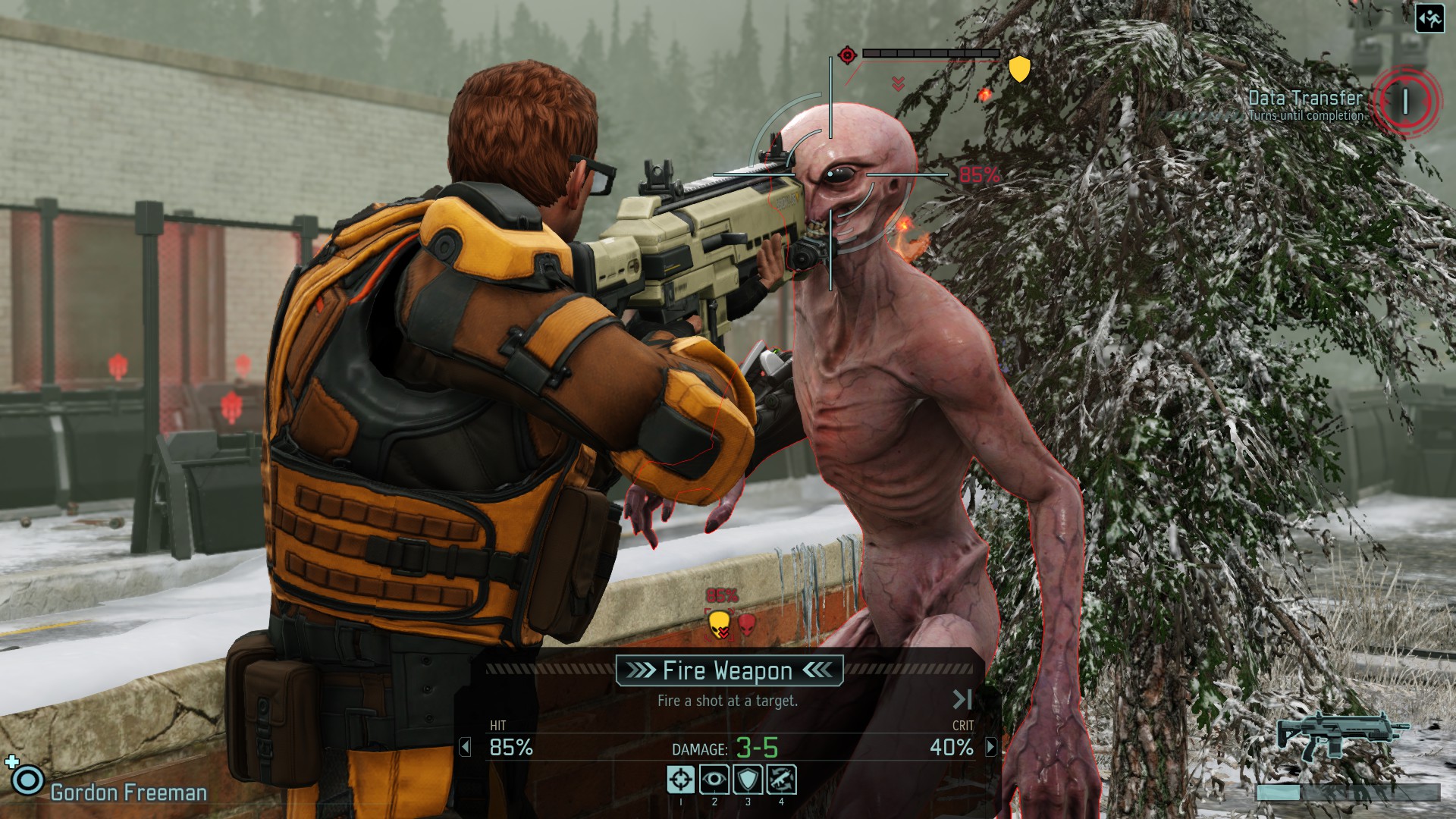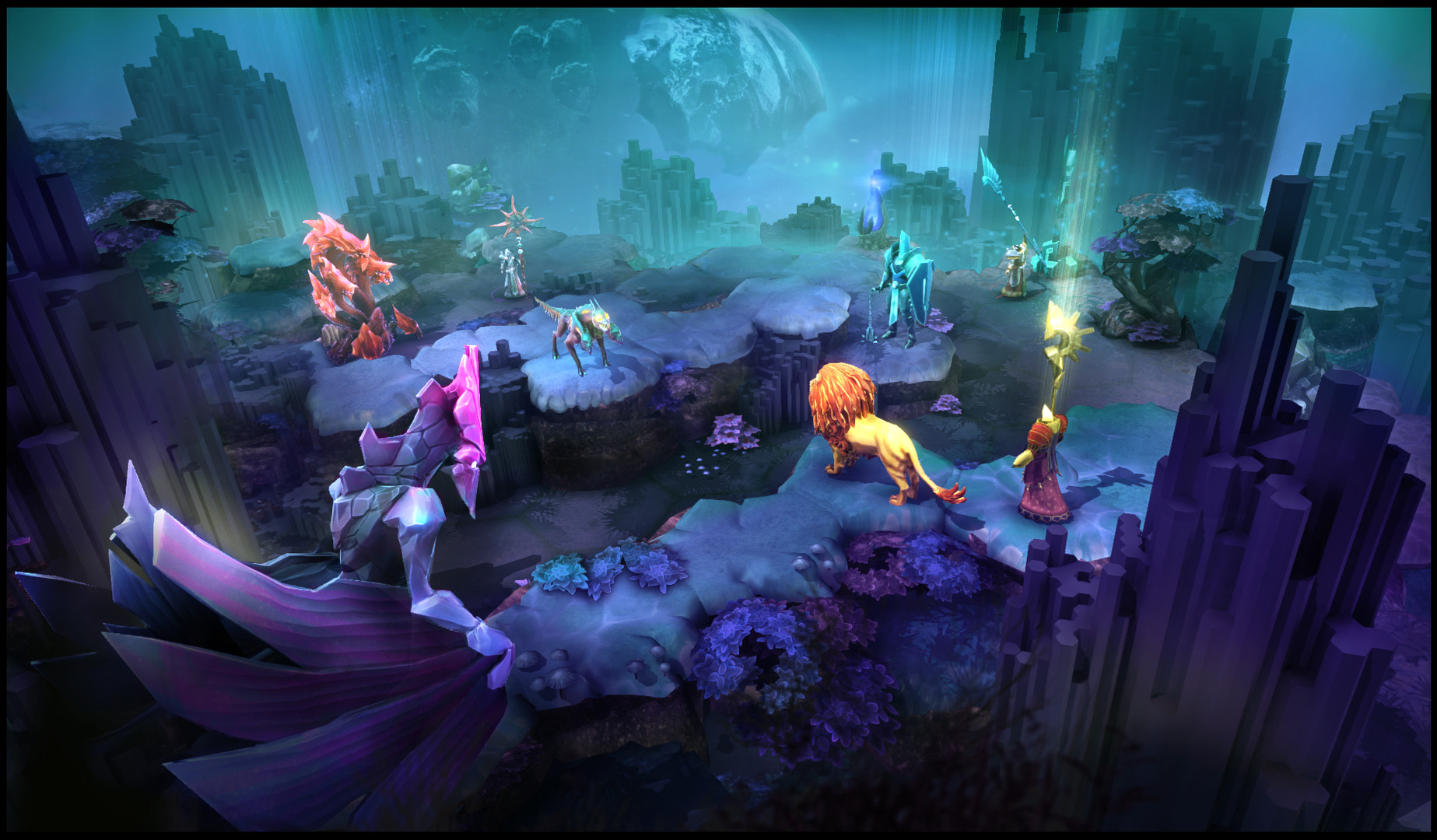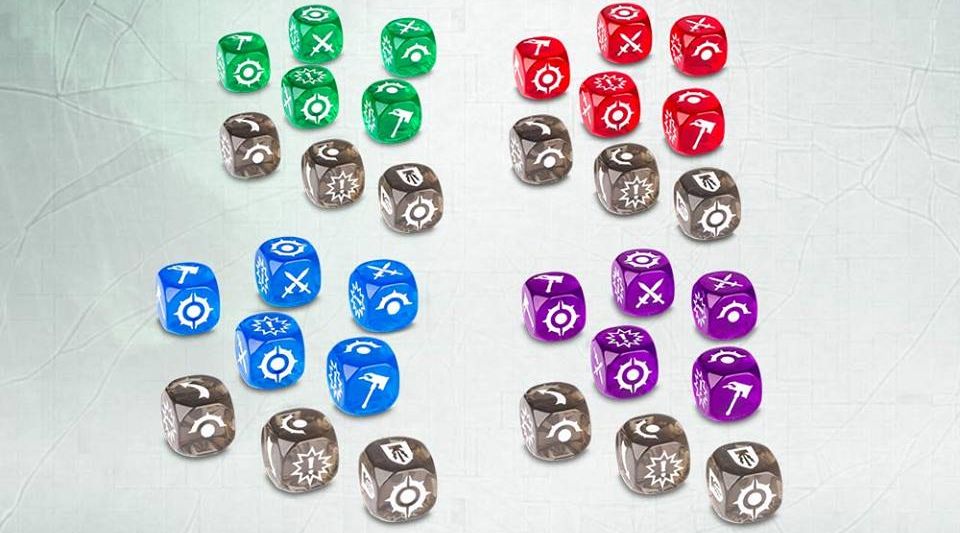The Gollop Chamber: The good, the bad, and the ugly of RNG
In his latest column for PC Gamer Indie, creator of the original X-COM Julian Gollop talks about how random chance effects our perception of games.


Julian Gollop has been in the games industry for more than 30 years. You probably know him best as the designer of games like Chaos and X-COM: UFO Defense. His column, the Gollop Chamber, will touch on games history, design, and, probably, a lot of XCOM.
Never has there been a more controversial topic in the history of strategy gaming than the use and abuse of RNG, otherwise known as Random Number Generators. I know this from experience, since my last game, Chaos Reborn, reveled and delighted in the liberal use of RNGs (it wasn’t called 'Chaos' for nothing).
It was based on a ZX Spectrum game I made in 1985 called Chaos and published by Games Workshop (a company not shy of randomness itself—usually in the form of buckets of dice rolled in their army games). In Chaos Reborn you play a wizard, and the casting of spells and combat were subject to binary outcome randomness. The combat is especially brutal, with a success killing a target outright and a failure doing nothing at all. Even a lowly giant rat had a 10% chance to kill a dragon.
Many players loved it, and to them the extreme use of RNG is what made the game different and unique. The tension of each battle was enhanced by the rapid turnarounds, plans thwarted, and opportunities grasped. However, the game is certainly not without a high skill factor, since the best players frequently topped our monthly leagues. The fact that games were short, and very many games could be played in a month, either asynchronously or in live matches, meant that any element of luck would even out.

Unfortunately, a significant group of players loathed the RNG aspect of Chaos Reborn with a vengeance, and they wrote about it copiously. Our Steam reviews were suffering, mainly from this single issue. We did our best to warn potential players that the game used a lot of RNG and required a lot of risk mitigation, but to no avail. So eventually I decided to make a reduced RNG mode for the game which did not use any randomness in the spell casting or the combat. It created quite a different experience which played quite well.
The negative Steam reviews faded away, but it is debatable whether it made a more interesting game. Long-term Chaos Reborn players still preferred the more random ‘Chaos’ mode. On reflection I think there was probably a better way to manage the randomness in the game, and other games have dealt with the RNG problem in different ways.
Firaxis’ XCOM: Enemy Unknown also suffered from an anti-RNG backlash, due to its explicit hit percentage mechanics. "That’s XCOM, baby," was the answer creative director Jake Solomon is reputed to have given. But in XCOM 2 the RNG is subtly manipulated to make it feel less random, at least at lower difficulty levels.

I now understand that human beings are not very good at evaluating probabilities. In particular when an RNG generates repeated sequences a human will cry foul. For a human, randomness usually means ‘evenly distributed without any detectable pattern or repetition’. This is basically how random numbers are manipulated in many games to meet player’s expectations. One poor result immediately results in a bias towards a better result.
The biggest gaming news, reviews and hardware deals
Keep up to date with the most important stories and the best deals, as picked by the PC Gamer team.
I love dice—particularly special dice with strange symbols on them.
Now some of you might want to point out that computer random number generators are actually only pseudo-random. They generate a repeatable sequence of numbers with an even distribution, but they are very, very long sequences. In practice a human would not be able to tell the difference between a decent computer generated pseudo-random number and a more genuinely random number. This doesn’t reduce the suspicion of computer RNGs though, which is another problem that game developers have to deal with.

Those of you have been board gaming or roleplaying since the '70s or '80s, like me, would be completely used to randomness in games. I love dice—particularly special dice with strange symbols on them. My current obsession is the awesome new Warhammer Underworlds: Shadespire board game from my erstwhile Chaos publisher, Games Workshop. There doesn’t seem to be a real equivalent of these lovely, tactile dice for videogame players.
Players without any board game or pen-and-paper roleplaying game experience tend to be a lot more hostile to the explicit use of RNG in video games. They do respond well, however, to the more subtle psychological manipulations of randomness which developers and publishers employ these days.
As for myself, I prefer the honest and open use of random numbers where the mechanics are not hidden and fate is not predestined, but I may be in a dwindling minority.

